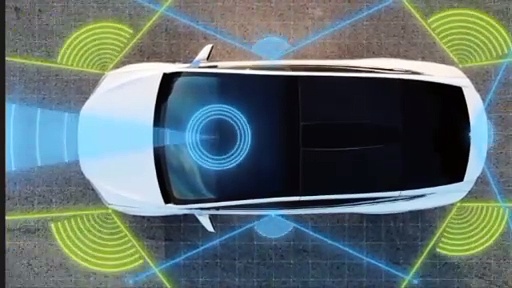
Topic: The Future of Self-Driving Cars: Opportunities and Challenges
Self-driving cars have the potential to revolutionize transportation, but their widespread adoption raises important opportunities and challenges. This topic explores the future of self-driving cars, including their benefits, technological advancements, regulatory considerations, and societal impacts.
1. Benefits of Self-Driving Cars:
- Enhanced road safety through the reduction of human errors and improved vehicle-to-vehicle communication.
- Increased fuel efficiency and reduced traffic congestion through optimized driving patterns and better traffic management.
- Improved accessibility and mobility for individuals who are unable to drive, such as the elderly or disabled.
- Transformation of commuting, allowing passengers to use travel time for work, relaxation, or entertainment.
2. Technological Advancements:
- Continued development of sensor technology, artificial intelligence, and machine learning algorithms to enhance the perception and decision-making capabilities of self-driving cars.
- Integration of advanced connectivity and communication systems to enable real-time data sharing among vehicles, infrastructure, and pedestrians.
- Exploration of alternative energy sources and electric vehicle technologies to reduce environmental impact.
3. Regulatory Considerations:
- Development of comprehensive legal frameworks and standards to govern the deployment and operation of self-driving cars.
- Clarification of liability and insurance regulations in the event of accidents involving autonomous vehicles.
- Collaboration between government agencies, industry stakeholders, and researchers to establish safety guidelines and testing protocols.
4. Societal Impacts:
- Disruption of traditional automotive and transportation industries, requiring workforce transitions and retraining.
- Urban planning and infrastructure considerations to accommodate autonomous vehicles, such as dedicated lanes or parking facilities.
- Ethical dilemmas surrounding decision-making algorithms in critical situations where harm may be unavoidable.
5. Public Perception and Acceptance:
- Building public trust through transparent communication about the capabilities, limitations, and safety measures of self-driving cars.
- Addressing concerns about job displacement, privacy, and data security.
- Conducting extensive public education campaigns to raise awareness and understanding of autonomous vehicle technology.
In conclusion, the future of self-driving cars holds promising opportunities, including improved safety, efficiency, and accessibility. However, the successful integration of autonomous vehicles into society requires addressing technological, regulatory, and societal challenges. Collaboration among stakeholders, ongoing research, and public engagement will be crucial in shaping the future of self-driving cars.




![[Wonder X] 트랙에서 달려본 야생마! BMW M4 Coupe (Competition Package) 시승기 @영종도 BMW 드라이빙 센터](https://www.fujijikou.jp/wp-content/uploads/2020/02/Wonder-X-BMW-M4-Coupe-Competition-Package-BMW--150x150.jpg)




